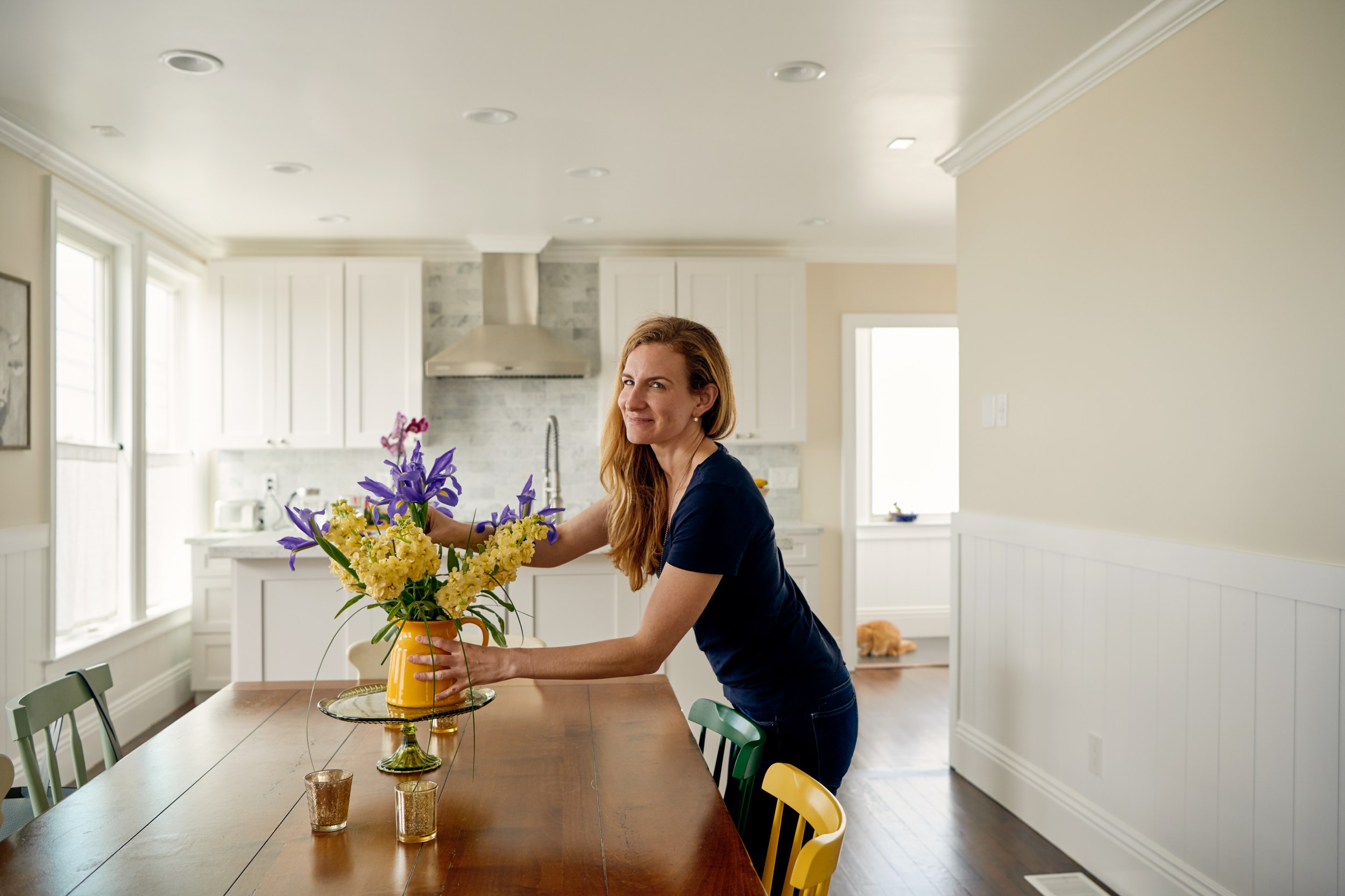How much tax do I pay as a Host on Airbnb?
We asked our partners at TaxScouts to share their top tips and resources to help Hosts on Airbnb better understand their tax obligations. Read their useful guide on taxes.*

We asked our partners at TaxScouts to share their top tips and resources to help Hosts on Airbnb better understand their tax obligations. Read their useful guide on taxes.*
There are many responsibilities that come with being a Host on Airbnb, one of which is paying your taxes correctly. It’s a requirement to pay tax on rental income and so if you’re a Host on Airbnb, your tax responsibilities will change. To declare all of your Host income to HMRC, you need to file a tax return.
How much tax do you pay as a Host on Airbnb, you ask? Well, here’s a useful guide to help you work it out.
Generally speaking
You’re taxed differently depending on whether you’re renting out your entire property or if you’re just renting out a room in the house you live in. In general, you’ll need to pay rental income tax on money earned through hosting on Airbnb. There are a few other factors that affect this:
- Whether or not you live in the property
- How much you earn from renting it out
- How many days you’ve hosted
Renting out a room in your house
If you’re only renting out a room in your house that you’re also living in, the process is pretty straightforward. If you live in the property and earn less than £7,500 a year from hosting on Airbnb then, lucky you, you don’t have to do anything more. This is called the Rent-a-Room scheme which is a tax-free allowance for landlords. If you earn more than this, you need to declare it to HMRC.
A reminder — if the property is jointly owned, the Rent-a-Room allowance is split between the two parties. This gives each of you an allowance of £3,750. The amount of tax you’ll pay is still dependent on the total income.
Don’t forget that if you claim relief on the Rent-a-Room scheme, you can’t claim expenses on top of it. Depending on the profit you make, you can choose whichever option makes sense for your situation.
Either way, you still have to file a Self Assessment tax return for the rental income that you’ve earned.
Renting out a second property
If the space you host on Airbnb is a second property or a property that you don’t live in, you can earn up to £1,000 tax-free each year. Any rent over that amount is taxable rental income and will be subject to Income Tax. The amount of Income Tax you pay is based on your income band. You can use the TaxScouts’ rental income tax calculator to easily calculate what you owe.
UK income tax bands for 2022/2023 and 2023/2024 are as follows:
| Income | Tax rate | Band |
| Up to £12,570 | 0% | Personal Allowance |
| £12,571 to £50,270 | 20% | Basic Rate |
| £50,271 to £150,000 | 40% | Higher Rate |
| £150,000 + | 45% | Additional Rate |
In Scotland, there are different tax rates and bands. You can check these here.
If your property is a buy-to-let, there are a variety of expenses, also known as allowable expenses, that you can claim. These include:
- Letting agent fees
- Legal fees
- Accountant fees (including TaxScouts)
- Rent
- Ground rent
- Gas
- Electricity
- Water
- Service charges
- Other utilities

Renting out a property you Co-Host or don’t own
Not everyone who hosts a property on Airbnb will necessarily own it. As long as you’ve come up with an agreement with the owner/management company who does, then you’ll be able to host on Airbnb.
Even if you’re listing a property that’s not yours, for example you’re a Co-Host on a listing, you’ll still be taxed like you own the property.
This means that:
- You’ll be taxed on Airbnb earnings minus allowable expenses or the flat £1,000 property income allowance (it’s your choice)
- If your income is more than £85,000, you’ll need to register for VAT
- If you rent out your property for more than 140 days in a year, you’ll be liable to pay business rates
Tip: If your property qualifies as a furnished holiday letting, there are even more tax advantages that we’ve expanded on here.
Don’t forget the hosting rules
There are certain rules which only let you rent out your space for a limited period of days.
For example, in London, you can only rent out an entire property for 90 nights in a year. Airbnb automatically limits listings to a total of 90 nights and closes the listing once you’ve reached the limit. There is no limit on renting out a spare room.
Other cities also have restrictions which you should be aware of before you decide to host.
The best thing to do is to contact your local council (or the council where the property is situated) to make sure you have all the information and permissions you need to proceed.
You can also check the Airbnb responsible hosting page for more information about your responsibilities as a Host.
Now what?
If you need to pay any amount of tax because of how much you’re earning as a Host onAirbnb, then you need to fill in a Self Assessment tax return.
You can find your Airbnb earnings on the Transaction History page and start your tax return!
If you’d like support calculating, understanding or filing your tax return, you can contact TaxScouts. An accredited accountant will file your tax return, no matter how complicated your situation.